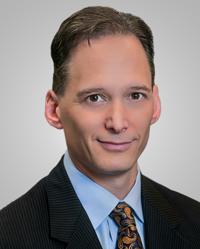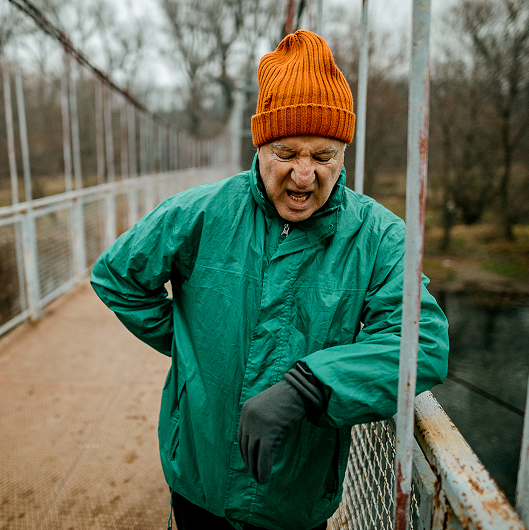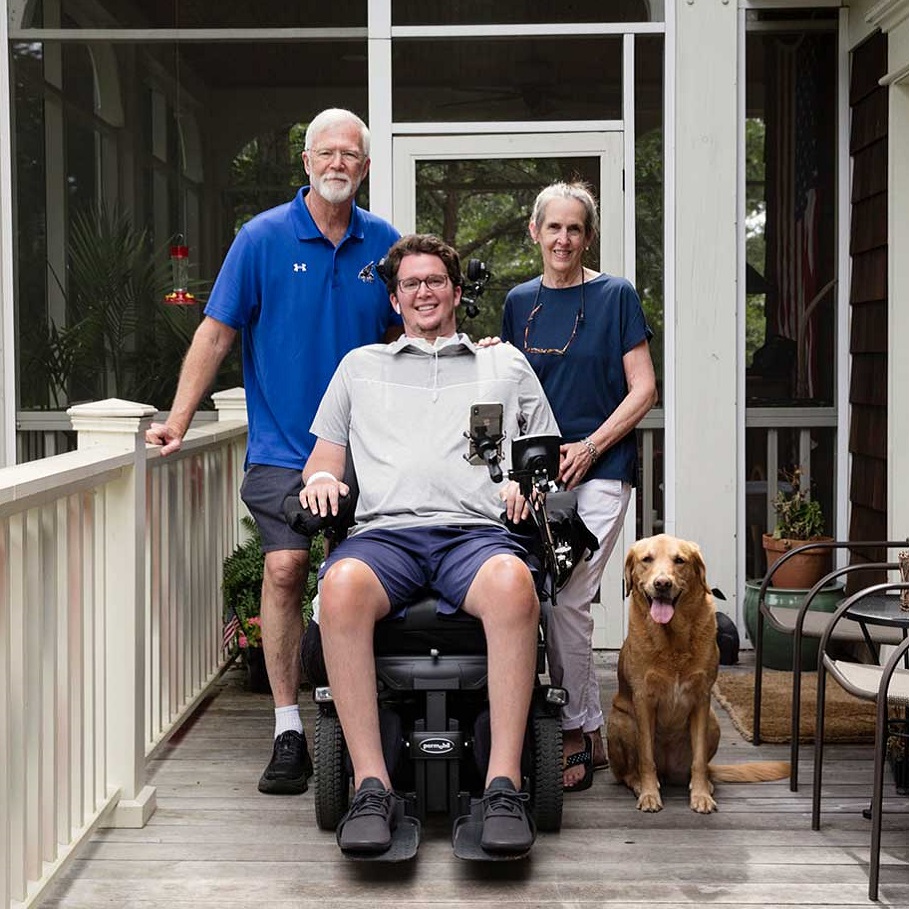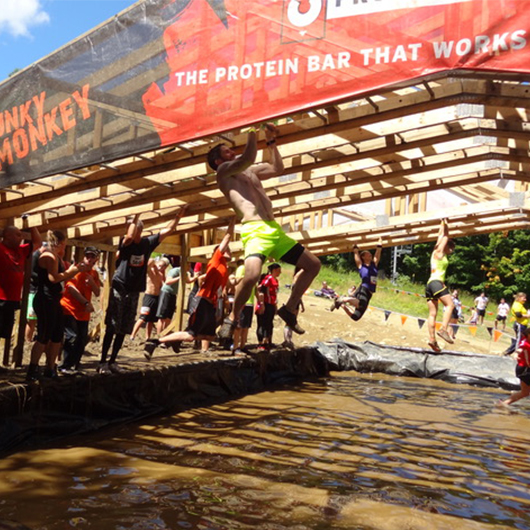Colorado Woman Runs 5K After Phrenic Nerve Surgery
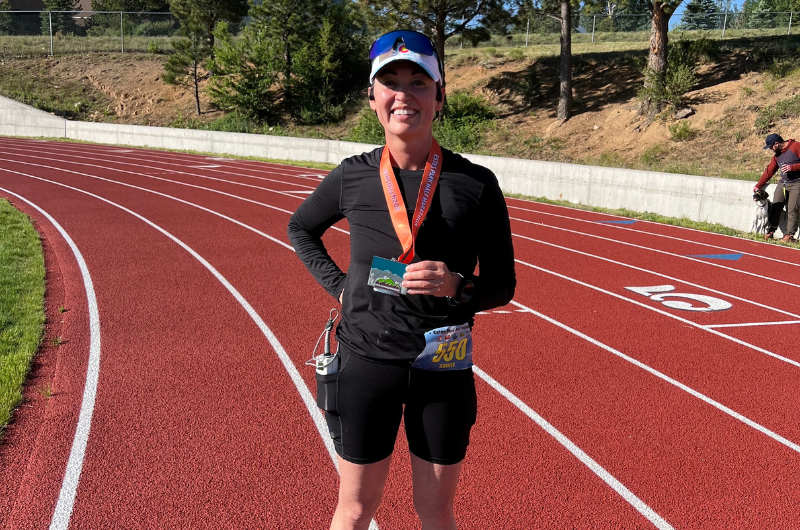
September 04, 2024
As a lifelong athlete who never smoked, Jennifer Lucero’s lung cancer diagnosis in late 2022 defied logic. But so did the aftermath: Only after successful surgery to eradicate the tumor did the Colorado woman’s breathing problems begin.
Within several weeks after her upper lobectomy—which removed the cancerous portion of her right lung—the busy nurse practitioner could barely catch her breath. Even sitting and talking to patients left her winded, a symptom that was strangely accompanied by persistent chest pain and pressure as well as nausea and vomiting.
“I started working again about a month after surgery, but I couldn’t manage,” says the mother of two teenage girls, 51, whose fitness regimen has included competitive swimming and running marathons. “I was really struggling to breathe and coughing a lot more. Even walking down the hall, I had to stop and catch my breath.”
Despite assurances from her pulmonologist that everything was fine and she needed to be patient, Jennifer knew in her gut something wasn’t right. After months of difficulties, her doctor finally sent her for a special test that revealed the culprit: damage to her phrenic nerve, which led to a paralyzed diaphragm.
The diagnosis was both a resolution and a call to action. After learning no one in her area knew how to treat the condition—which can result from surgery on the neck or chest—Jennifer traveled 1,800 miles to seek treatment from a giant in the field: Matthew Kaufman, M.D., co-director of the Center for Treatment of Paralysis and Reconstructive Nerve Surgery at Jersey Shore University Medical Center.
Perfect Timing for Phrenic Nerve Surgery
As a surgeon board-certified in both plastic and reconstructive surgery and otolaryngology–head and neck surgery, Dr. Kaufman pioneered groundbreaking surgery to repair and reconstruct the phrenic nerve. He has performed more than 700 such surgeries at Jersey Shore since 2016, attracting patients from across the United States and the globe. Jersey Shore was recently awarded a Global Healthcare Accreditation(GHA)for Medical Travel Services for its Center for Treatment of Paralysis and Reconstructive Nerve Surgery.
Like Jennifer, about half of Dr. Kaufman’s patients find him through a web search—most of whom have been told their problem is permanent.
“Dr. Kaufman kept coming up in my search results,” she recalls. “The more I learned, the more I realized he seemed to be the only one who could help me.”
The pair met via telehealth appointments at first, with Jennifer acting on Dr. Kaufman’s advice to first try a type of physical therapy specializing in diaphragmatic breathing techniques. But the approach didn’t significantly help her symptoms, leading Dr. Kaufman to decide surgery was the best option.
In August 2023, Jennifer and her husband Vincent made the long trek to Jersey Shore for her to undergo the three-hour procedure. It involves a combination of phrenic nerve decompression to remove scar tissue and a technique called nerve transfer, whereby a nerve graft from the calf is used to connect a donor nerve from the abdominal muscles to the phrenic nerve.
“Jennifer was a good candidate for this because she was a fit, active person before her problems began,” Dr. Kaufman explains. “And timing is very important with any kind of nerve reconstruction. We take a Goldilocks approach: We don’t want to do it too early—and not give the phrenic nerve a chance to recover on its own—or be too late and miss a window of opportunity.”
Recovering From a Paralyzed Diaphragm
Within 15 minutes of waking up in the recovery room, Jennifer could already breathe easier. “I was ecstatic because I hadn’t had that kind of relief in so long,” she says.
Her robust recovery continued swiftly. After spending a week in New Jersey, where the team monitored her closely, Jennifer returned home and resumed running within a month. Jennifer was able to participate in a 5K race with her 16-year-old daughter just eight weeks later, quickly planning a series of additional running events.
“Usually, patients are modestly better a year after surgery,” Dr. Kaufman says. “She’s way ahead of schedule.”
Jennifer credits Dr. Kaufman’s expertise for her quick progress, as well as the caring and efficient team at Jersey Shore that smoothed her path. “I’m so immensely grateful to Dr. Kaufman for the life he returned to me,” she says. “There’s no slowing me down now.”
Next Steps & Resources
- Meet our source: Matthew Kaufman, M.D
- To make an appointment with a plastic or reconstructive surgeon near you, call 800-822-8905 or visit our website.
- Learn more about neuroscience at Hackensack Meridian Health.
The material provided through HealthU is intended to be used as general information only and should not replace the advice of your physician. Always consult your physician for individual care.

